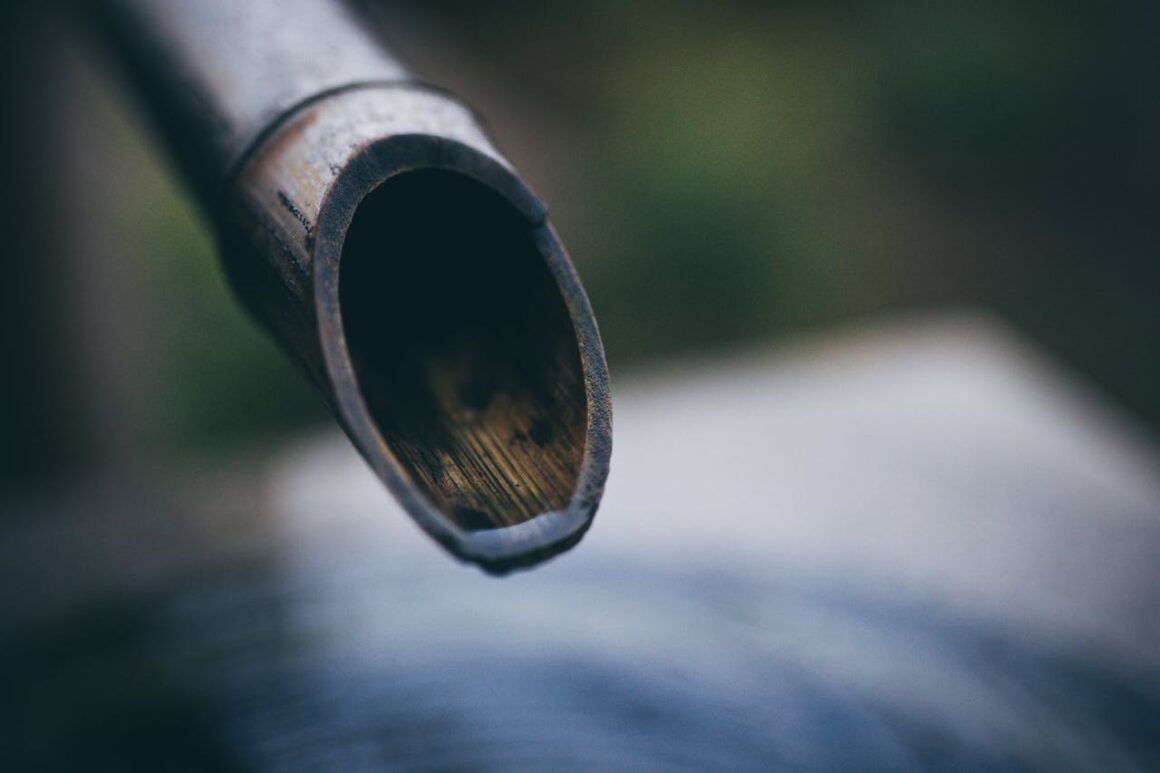Table of Contents Show
The question “Why is polybutylene piping bad?” is crucial in plumbing discussions, as research reveals alarming issues, making it an unsuitable choice for homeowners. Initially popular, its susceptibility to degradation, poor reaction with chlorine, tendency to become brittle, and the risk of leaks raise significant concerns.
Despite past hype, polybutylene piping has fallen out of favor due to these weaknesses, urging homeowners to explore safer and more reliable plumbing alternatives for the longevity and safety of their systems.in this blog post, I will tell you why polybutylene piping is bad for usage in 2024 and whether it is replaceable with some better option or not.
Here is a list of different aspects of why is polybutylene piping bad considered problematic for usage
Poor Reaction with Chlorine:
The poor reaction of polybutylene pipes with chlorine is a critical issue, as exposure to chlorinated water accelerates their deterioration. This chemical reaction weakens the structural integrity of the pipes over time, increasing the likelihood of leaks and failures.
Homeowners with polybutylene plumbing systems face a heightened risk of degradation, emphasizing the need for alternative, more durable materials to ensure the longevity and reliability of their plumbing.
Tendency to Become Brittle:
The aging process of polybutylene pipes introduces a concerning tendency to become brittle, elevating the risk of cracks and leaks. As these pipes lose their flexibility and durability, homeowners may face unexpected damages and potential water-related issues. This inherent weakness further underscores the importance of considering alternative plumbing materials that offer greater resilience and longevity.
Limited Resistance to Extreme Temperatures:
Polybutylene’s limited resistance to extreme temperatures becomes a notable concern, as it may struggle to maintain stability in the face of varying climatic conditions. This vulnerability raises questions about the reliability of these pipes, especially in regions prone to temperature fluctuations.
Homeowners looking for a more robust and adaptable plumbing solution may find alternative materials better suited to withstand the challenges posed by diverse temperature ranges.
Incompatibility with Certain Plumbing Components:
The incompatibility of polybutylene with certain plumbing components imposes a significant limitation on repair options. Homeowners facing issues with their plumbing systems may find themselves constrained in terms of available solutions, as specific components may not align with polybutylene pipes.
This incompatibility underscores the importance of choosing plumbing materials that offer versatility and compatibility, ensuring a more straightforward and comprehensive approach to repairs and maintenance.
Potential Health Concerns:
The potential health concerns associated with polybutylene pipes stem from their susceptibility to degradation, which can introduce impurities into the water. This degradation raises alarming questions about water quality and safety, making it a crucial consideration for homeowners concerned about the well-being of their households. Choosing plumbing materials that prioritize water purity becomes essential to mitigate these potential health risks and ensure a safe and reliable water supply.
Potential for Hidden Leaks:
The potential for hidden leaks poses a significant concern with polybutylene pipes, as these leaks may develop without clear indications. Unlike visible leaks that prompt immediate attention, hidden leaks can persist unnoticed, leading to gradual and extensive water damage over time. This unpredictable aspect further underscores the unreliability of polybutylene piping, contributing to its diminishing reputation in the realm of plumbing choices.
Susceptibility to Degradation:
Over time, polybutylene pipes are susceptible to degradation, introducing structural weaknesses that compromise the overall integrity of the plumbing system. This susceptibility to deterioration is a critical factor contributing to the unfavorable reputation of polybutylene piping in the realm of plumbing choices.
Negative Impact on Home Resale:
The existence of polybutylene plumbing can have a detrimental effect on a home’s resale value due to its short reliability.
Despite its initial surge in popularity, polybutylene piping has experienced a notable decline in favor among homeowners and professionals alike. This shift in sentiment is primarily attributed to the numerous drawbacks and inherent weaknesses that have been uncovered over time.
As the plumbing industry evolves, alternative and more reliable materials have gained preference, leaving polybutylene behind as an outdated and less desirable choice for modern plumbing systems. This detailed list covers various concerns related to polybutylene piping, from its reaction with chlorine to potential health risks. Understanding these issues helps homeowners make informed decisions for their plumbing systems.

